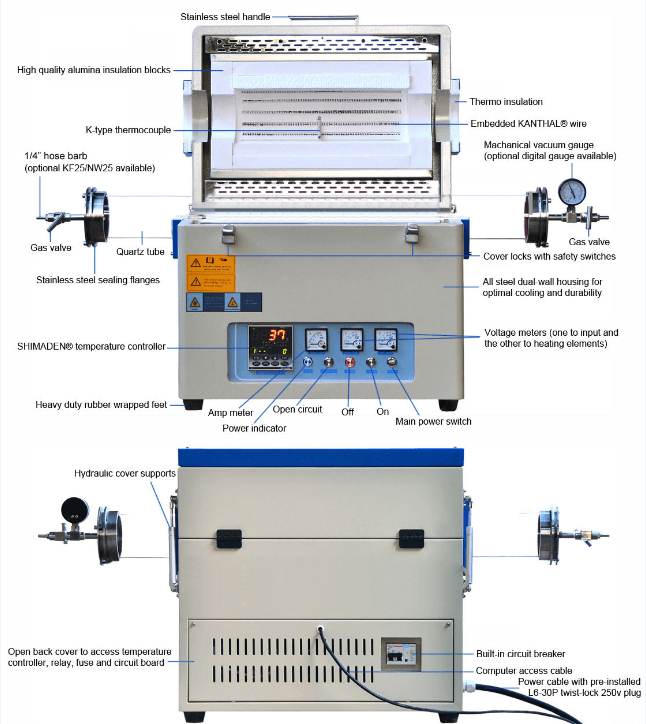Temperature test chambers, also known as environmental test chambers or climate chambers, are specialized devices designed to simulate and control environmental conditions such as temperature and humidity. These chambers are used for a variety of purposes, primarily in testing and validating the performance, reliability, and durability of products under different environmental conditions. Here are some common uses of temperature test chambers:
Product Testing:
Electronics Testing: Temperature test chambers are extensively used in the electronics industry to assess the performance of electronic components and devices under various temperature and humidity conditions. This includes testing for thermal cycling, temperature extremes, and humidity resistance.
Automotive Testing: Automobile components, such as sensors, control units, and lighting systems, undergo testing in temperature chambers to ensure they can withstand the temperature variations experienced in real-world driving conditions.
Materials Testing: Various materials, including polymers, metals, and composites, are subjected to temperature tests to evaluate their mechanical properties, thermal expansion, and resistance to environmental stress.
Quality Control:
Temperature test chambers are employed in quality control processes to verify that manufactured products meet specified performance standards. This is crucial in industries such as aerospace, defense, and medical devices.
Research and Development:
Researchers use temperature test chambers to study the behavior of materials and products in different environmental conditions. This helps in developing new materials, improving product designs, and understanding the impact of temperature variations on performance.
Life Cycle Testing:
Products, especially those intended for long-term use, undergo life cycle testing in temperature chambers. This involves subjecting them to repeated cycles of temperature and humidity changes to simulate the effects of aging and usage over time.
Environmental Simulation:
Temperature test chambers simulate environmental conditions that a product may encounter during transportation, storage, or usage. This ensures that products can withstand a range of conditions and remain functional.
Pharmaceutical and Medical Testing:
Pharmaceuticals and medical devices are often tested in temperature chambers to ensure their stability and efficacy under different temperature and humidity levels. This is critical for maintaining the quality of drugs and medical equipment.
Aerospace and Defense Testing:
Products used in aerospace and defense, such as aircraft components and military equipment, undergo rigorous testing in temperature chambers to verify their performance in extreme environmental conditions.
Solar Panel Testing:
Solar panels are tested in temperature chambers to evaluate their performance under varying temperature and humidity levels. This helps manufacturers understand how solar panels will function in different climates.
In summary, temperature test chambers are versatile tools used across various industries to assess and validate the performance of products and materials in different environmental conditions. Their ability to simulate and control temperature and humidity makes them invaluable for ensuring the reliability and durability of a wide range of products.




 Online service
Online service
